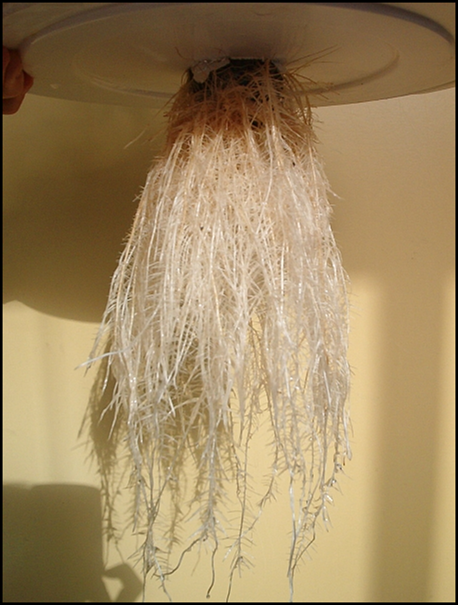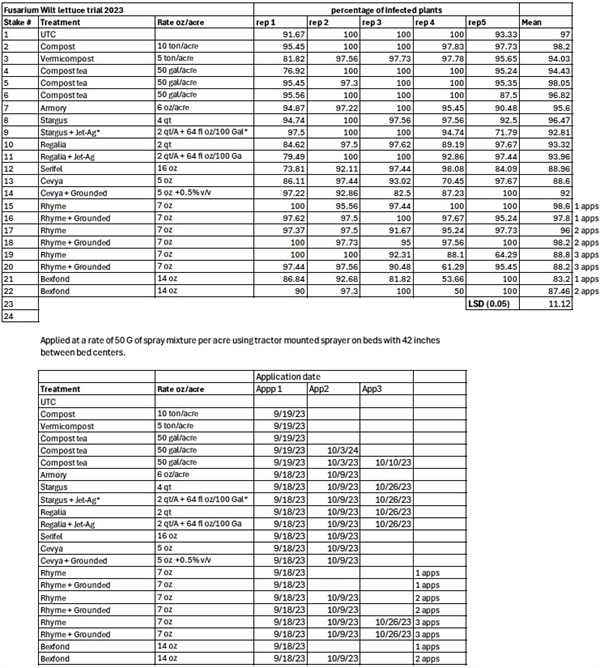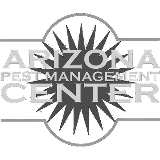-
Jan 22, 2014Seed Corn Maggots in Spring Melon PlantingsOver the past two weeks, the sticky traps in our Areawide Insect Trapping Network placed near recently disked up produce fields have been literally covered with flies. Many of the flies identified on these traps were adult seedcorn maggot (SCM). This is not surprising since it is this time of the year that SCM can cause significant stand reductions in spring melons and other large seeded crops due to larvae feeding on germinating seed, roots and even stems. If SCM populations are high, replanting parts or all of an infested field is often necessary. Not only is this an inconvenience to the grower, but replanting is expensive and can disrupt harvest schedules. Unfortunately, once maggots have been found infesting the soil during stand establishment, there is usually nothing one can do. Thus, avoidance of the problem is the most effective way of preventing stand reductions. First, weather plays a major role in determining the damage potential for SCM to be a problem. Melon stands are more susceptible to SCM during wet, cool spring weather in which seed germination is slowed or delayed. These conditions give SCM a chance to develop in the soil and attack the seeds before they can emerge. So far this spring, our weather conditions have been just the opposite, warm and dry. Secondly, our cropping system plays a key role. Melon crops following produce are the most often attacked because SCM are attracted to fields with high levels of decomposing organic matter. This includes heavy plant residue remaining after harvest of the previous lettuce or cole crop, as well as applications of manure prior to planting. Growers would be encouraged not to plant melons into fields under these conditions. Unfortunately, given the demands on local acreage, this is sometimes not practical. However if growers decide to plant in these conditions, then it would be wise to use a preventative insecticide applied at planting to minimize the impact from SCM and give seedling stands a fighting chance. Guidelines for SCM management can be found in Seedcorn maggot 2014, and alternatives that have shown activity against SCM and may be practical for SCM management in spring melons can be found in SCM Control on Cantaloupes.To contact John Palumbo go to: jpalumbo@ag.Arizona.edu











